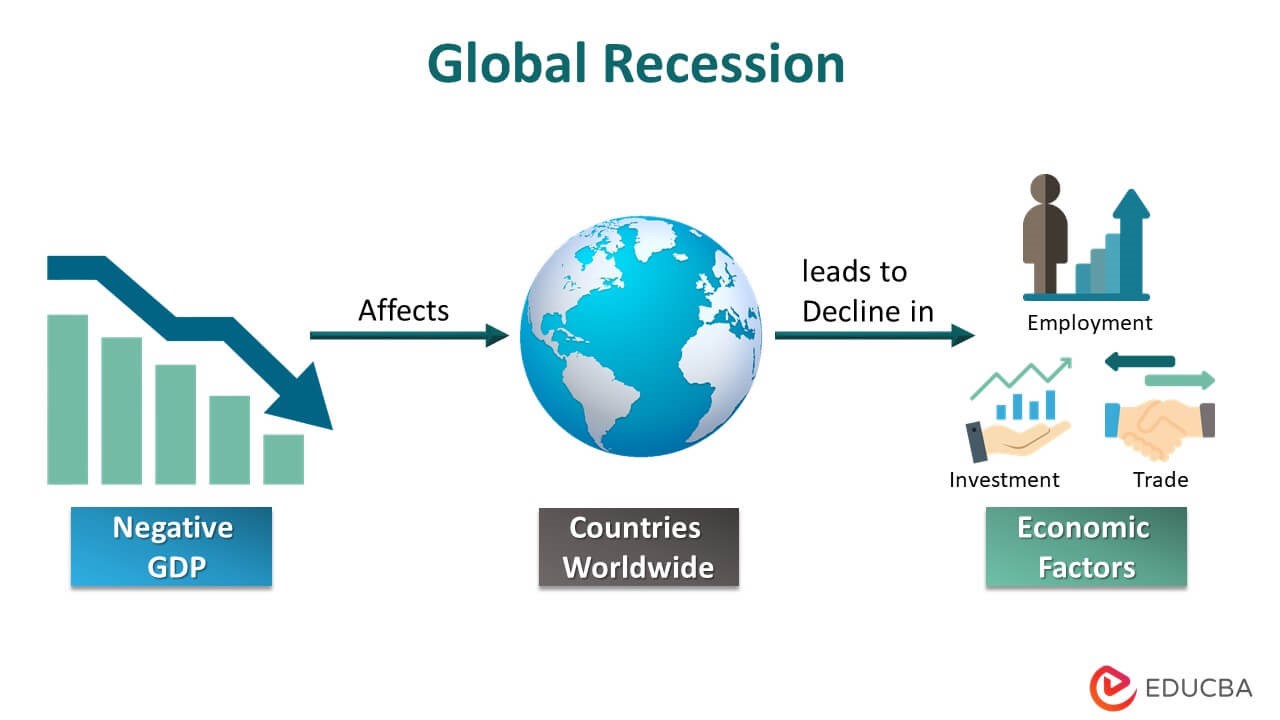How The Global Recession Affected The TEFL Market?
Following the global recession of 2023, sectors around the globe have seen the deep and enduring knock-on consequences of economic downturns. Teaching English as a Foreign Language is one such sector that has encountered particular difficulties (TEFL). With economies struggling to stabilize, the TEFL industry has had to adjust, come up with new ideas, and overcome challenging new challenges. If you want to know the profound effects of the global recession on TEFL in 2023, here is how institutions and teachers navigated these challenging times.
Ways How The TEFL Market Got Hit

Here are five ways in which the global recession affected the TEFL market and what it meant for global educators:
- Shrinking Budgets And Reduced Demand
The obvious decline in demand for English language learning services has been the most direct effect of the global recession on TEFL. Discretionary expenditure on language courses, especially those provided by private language schools, has significantly decreased as companies and individuals cut their budgets in an attempt to weather economic storms.
Due to the decline in demand, language schools have had to make cutbacks, layoffs, and, regrettably, shut down in certain cases. Teachers of English, both native speakers and non-natives, have faced a declining job market.
- Shift Toward Online Learning/Remote Teaching
An enormous movement toward online learning and remote instruction has occurred in TEFL in reaction to the financial difficulties brought on by the global crisis. Once the cornerstone of language instruction, traditional brick-and-mortar language schools have had to change course to keep up with the times. This change is intended to protect instructors and students from the continuing epidemic while also providing language schools with a much wider global audience.
With their unprecedented flexibility and accessibility, online TEFL courses have become a lifeline for both educators and students. Teachers now have to embrace technology and learn new skills to adapt and vary their teaching styles as a result of this shift.
Hey, do you follow us on Social Media? We regularly share upgraded educational content, tips, feedback and more. Check us out by clicking the profiles here - Facebook / Twitter / LinkedIn / Pinterest / Instagram / YouTube
- Increased Competition And Global Talent Pool
Globally, there is growing competition in the TEFL sector as more instructors and language institutions shift their offerings online. For online teaching chances, educators are increasingly in competition with colleagues worldwide.
To stand out in an increasingly crowded market, this increased rivalry has spurred innovation and urged instructors to improve their credentials and pedagogical approaches.
- Cost-Cutting Measures And Financial Prudence
Both language schools and instructors have had to enact stringent cost-cutting measures as a result of the global crisis. Language schools have had to make difficult decisions about staff retention, streamline their operations, and cut overhead expenses.
Similarly, a lot of educators have had to do harsh self-evaluations of their financial circumstances, which has resulted in changes to their spending and lives.
- Changing Student Demographics
The worldwide recession has brought about changes in the demography of TEFL students, notwithstanding the difficulties. In the past, a large portion of TEFL students were adults looking to learn a language for travel or job promotion. Nonetheless, there has been a noticeable increase in younger students and learners.
These learners are aiming to improve their English language proficiency to boost their future employment chances due to job uncertainties and travel constraints. The TEFL sector is benefiting from this demographic transition since it can adjust to meet the changing demands of these younger learners.
- Adaptability And Resilience
The TEFL sector has demonstrated exceptional endurance and adaptation in the face of the severe challenges presented by the global crisis. Teachers and institutions have quickly changed course and come up with innovative ways to carry on offering high-quality language instruction.
This flexibility is likely to have a long-lasting effect on the field, influencing how English is taught and acquired in the future.
TEFL Still Standing Strong
The global recession has undeniably left a lasting impact on the TEFL industry. However, by embracing online learning, the sector has shown its resiliency and flexibility in the face of difficulty. So, if you are planning to embark on your TEFL opportunities, try pursuing a Master of Arts in Education with TESOL to get suitable opportunities amidst teacher shortages.
We believe education should be accessible for everyone. That’s why we don’t charge for our blogs. Find the right course that will help you in your career with us, contact us at - 1800–212–6400. You can mail us at act@asiancollegeofteachers.com




